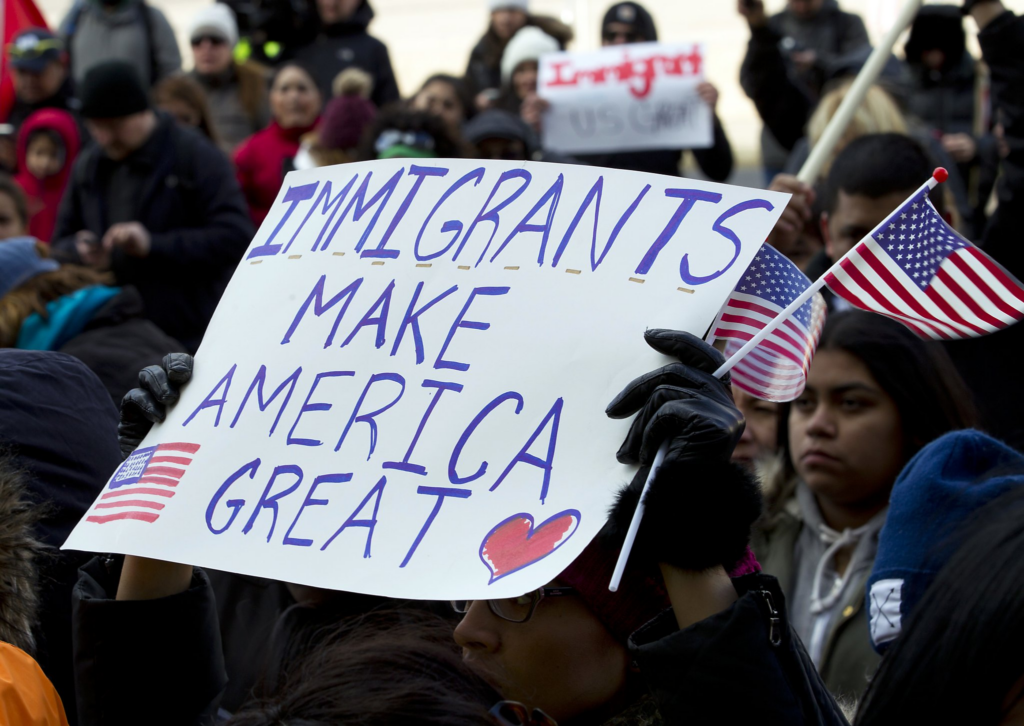Roaming reflections: Understanding the influence of immigration issues in the Nov. 5 election
The issue of illegal immigration has long been a contentious and divisive topic in American politics. As the United States prepares for the November 5 election, the question of how illegal immigrants will influence the outcome is a complex one.
While illegal immigrants themselves cannot vote in U.S. elections, the policies and rhetoric surrounding immigration can have a substantial impact on voter attitudes and decisions. In this article, we will explore how the immigration issue may influence the upcoming election and what voters should consider when casting their ballots.

Policies and Rhetoric
The stance of candidates on immigration policies and their rhetoric can sway voter opinions. For some voters, a candidate’s approach to issues such as border security, DACA (Deferred Action for Childhood Arrivals), and asylum seekers can be a decisive factor in their choice. Candidates’ positions on these matters can either energize or alienate specific voter groups.
Immigrant Communities
The presence of immigrant communities in key swing states can also affect electoral outcomes. States like Texas, Arizona, Florida, and Nevada have sizable Hispanic and immigrant populations. Candidates who can appeal to these communities may gain an advantage in competitive races.
Issue Framing
How candidates frame the immigration issue can influence public perception. A focus on border security and the rule of law may resonate with some voters, while discussions about family reunification, pathways to citizenship, and humanitarian considerations may resonate with others.

Voter Engagement
Advocacy groups, such as those supporting immigrants’ rights, play a role in voter engagement. These organizations often encourage voter registration and turnout among immigrant communities. The level of participation and engagement of these groups can impact election results.
Debates and Media Coverage
Presidential debates and media coverage of immigration-related events can shape voter opinions. Immigration topics addressed during debates or in the news cycle may sway undecided voters or reinforce existing partisan preferences.
Down-Ballot Races
Immigration-related issues are not limited to presidential races. Down-ballot races, including congressional, state, and local elections, can also be influenced by immigration discourse. Voters often consider how candidates in these races align with their views on immigration.

Changing Demographics
Demographic shifts in the United States are influencing electoral dynamics. As the country becomes more diverse, candidates must adapt their platforms to address the concerns and interests of an increasingly diverse electorate, including those with immigrant backgrounds.
While illegal immigrants themselves cannot cast votes in U.S. elections, the issue of immigration has a profound impact on the political landscape. Candidates’ positions on immigration policies, their engagement with immigrant communities, and their ability to frame the issue effectively can all influence voter decisions.
As the November 5, election approaches, it is crucial for voters to consider candidates’ stances on immigration and related issues when making their choices. The outcome of the election will not only determine the direction of immigration policy but also reflect the values and priorities of the American electorate on this complex and divisive issue.



